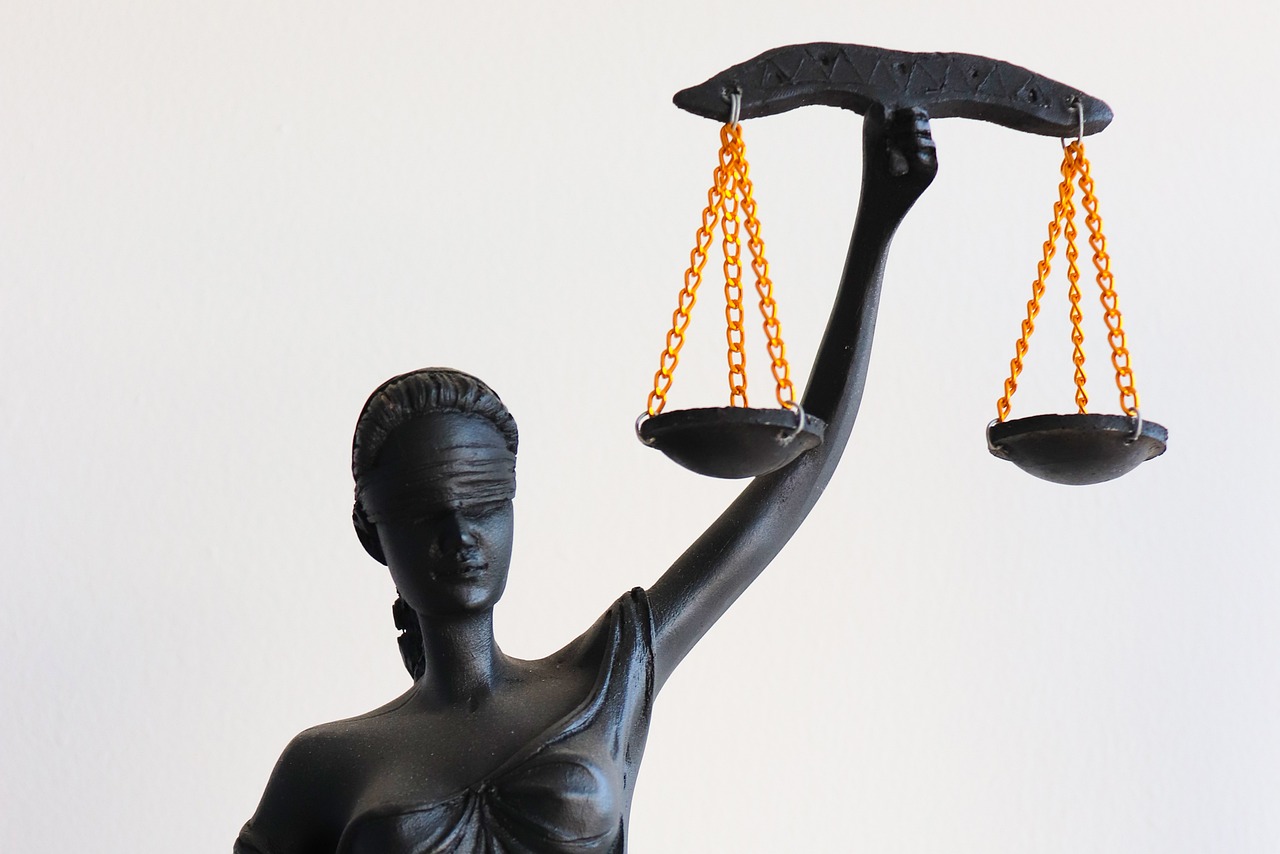What is Bail Bond? Bail is the amount that needs to be paid by the person in jail. It acts as insurance between the defendant and the court and the defendant can pay their bail in cash, but not many people can do this.
Considering that the amount that needs to be paid is often very high and most people cannot afford these amounts, they then turn to a bail bondsman or bail agent for help.
What is Bail Bond? A bail bond is a surety that is supplied by the bail bondsman or agent. The amount that is paid to the court by the company will allow the defendant to be released. There are two types:
A Civil Bail Bond: this type of bond is used in civil cases and they guarantee that the defendant pay all of their debt, interest, and costs.
A Criminal Bail Bond: this type of bond is used in criminal cases and is used as a guarantee that the person who was charged will appear in court when called upon for trial, and that all fines and penalties will be paid.
How does Bail Bonds Work?
A judge is the one who decides how much bail will need to be paid. If the person in question cannot afford the bail, they then ask for help from a bondsman. The defendant will normally need to pay the bondsman 10% of the full amount in order for them to post the bail.
The bondsman will then get the rest of the amount in the form of collateral. If the person who was charged does not have the required amount of collateral, they will go to their friends and relatives to help them cover the costs. There are times when the bondsman will need more cash and the full collateral in order for bail to be posted. What will happen next will depend on whether or not the defendant appeared in court after they were released.
If the person who was charged does not appear in court, the bond is forfeited and the court will want the other 90% to be paid to them. The bondsman will then use the collateral acquired in order to pay the court the outstanding amount.
If the person does appear in court, the court will conclude the case and then the bail bond is dissolved. The collateral is then returned and the bail bond company keeps their 10% as profit.






